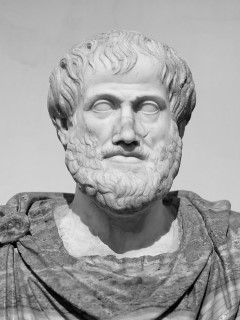
Publication details
Year: 2018
Pages: 875-898
Series: Synthese
Full citation:
, "Applying mathematics to empirical sciences", Synthese 195 (2), 2018, pp. 875-898.


Applying mathematics to empirical sciences
flashback to a puzzling disciplinary interaction
pp. 875-898
in: Justine Jacot, Philip Pärnamets (eds), Games, interactive rationality, and learning, Synthese 195 (2), 2018.Abstract
This paper aims to reassess the philosophical puzzle of the “applicability of mathematics to physical sciences” as a misunderstood disciplinary interplay. If the border isolating mathematics from the empirical world is based on appropriate criteria, how does one explain the fruitfulness of its systematic crossings in recent centuries? An analysis of the evolution of the criteria used to separate mathematics from experimental sciences will shed some light on this question. In this respect, we will highlight the historical influence of three major disciplinary paradigms. According to the Aristotelian classification of the sciences, the separation of mathematics from physics is based on their respective objects of study. The Baconian system distinguishes these sciences by the type of knowledge involved in each field. Finally, the Whewellian disciplinary layout categorises these disciplines by their respective methods. In this paper, we argue that the cascading effect of such disciplinary categorisations—based successively on ontological, epistemological, and heuristic criteria—resulted in a profound redefinition of the border between mathematics and physics, with the consequence of obscuring the foundations of the interplay between these fields. Our approach intends to put forward such a mechanism as a constitutive piece of the puzzle of the applicability of mathematics.
Cited authors
Publication details
Year: 2018
Pages: 875-898
Series: Synthese
Full citation:
, "Applying mathematics to empirical sciences", Synthese 195 (2), 2018, pp. 875-898.


